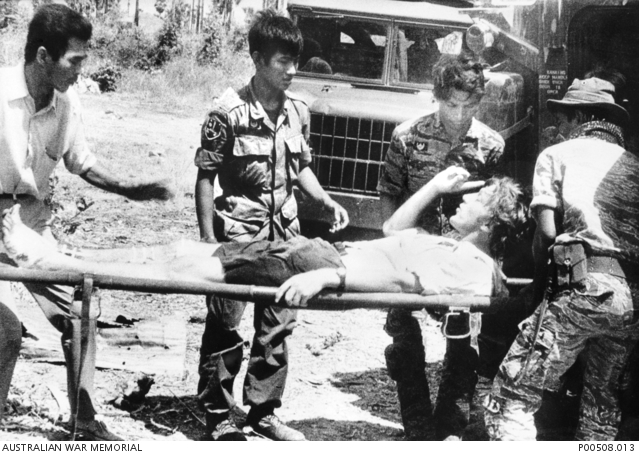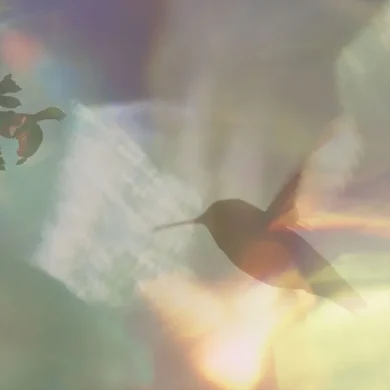My favourite documentary of all time is Jehane Noujaim’s 2004 Control Room. A film about the media’s involvement in the Iraq War in the early 2000’s, with special focus on Al Jazeera. It’s a heartbreaking documentary, but also a stark depiction of the role of journalism in wars. With this in mind, I came to David Bradbury’s documentary Frontline with the view that it was almost a pseudo-prequel to Control Room.
Focusing on combat cameraman, Neil Davis, Frontline shows how Davis managed to get footage of the raging battle that was the Vietnam War. In the same way that Joshua Oppenheimer’s essential The Look of Silence and The Act of Killing depicted the struggles in Indonesia, Frontline has Davis interviewed in various situations, explaining how he managed to obtain different footage. Often this is intercut with the actual footage itself which is as unsettling and terrifying as you would expect footage from the actual frontlines of battle to be. To provide further context as well, these interviews and the footage are also intercut with television footage of presidents Lyndon Johnson and Richard Nixon talking about the war.
Davis is a truly honourable human being, and Frontline shows this perfectly as he tells stories about his involvement with both warring sides. The stories about how he managed to get footage from both allied forces and the South Vietnamese are astounding to hear, yet these stories help enforce the core theme of what journalism should be – an unbiased coverage of events. In some of the most unsettling moments, Davis tells about capturing footage of friends being shot and dying. Moments like these are hard to watch, especially with accompanying footage, however the film does a superb job of explaining the importance of filming these moments.
Without filming them, there is no voice to express the pain and terror that can occur during wars. The Vietnam War was the first televised war, and it’s with much of this footage that people in America (and the rest of the world of course) got to see what exactly their soldiers were fighting for. There are shots of soldiers who are asked whether they feel what they are doing is right, and their response that ‘I would hope so, or else why would I be here?’ is frightening and heartbreaking all at once.
Frontline is an impressive and important documentary. It was nominated for Best Documentary at the Oscars, losing out to From Mao to Mozart: Isaac Stern in China (a film I cannot comment on as the first time I’ve heard about it was when I looked to see what Frontline lost to). Looking at Frontline‘s IMDb page you’d be hard pressed to find anything about this film, and that’s a crying shame as not only is it an important Australian film, but also a greatly important documentary. It tells a side of a story we’ve seen many times before, but in such an awe inspiring manner. Neil Davis’s legacy is honoured here respectfully and anyone who cares to find out more about his life should hunt down Tim Bowden’s One Crowded Hour.
For more information or to purchase the film, visit here: http://www.frontlinefilms.com.au/videos/frontline.htm




